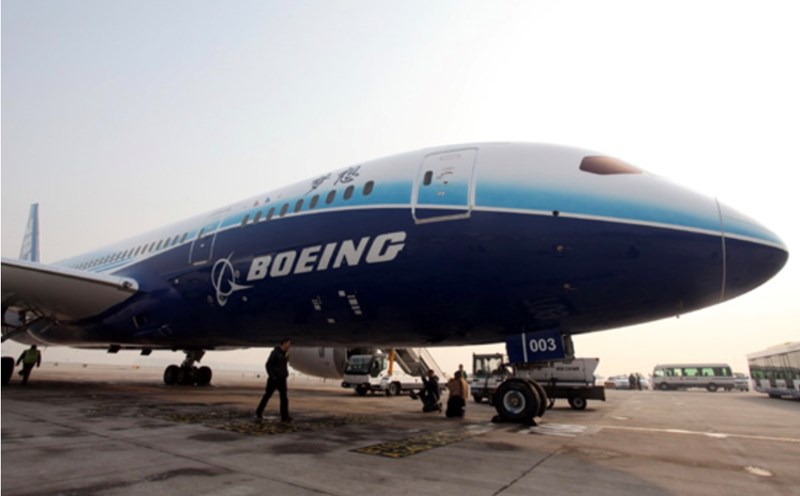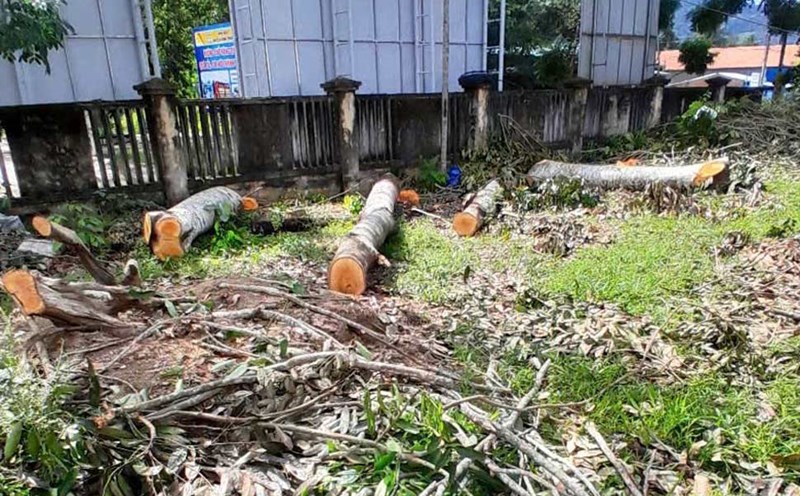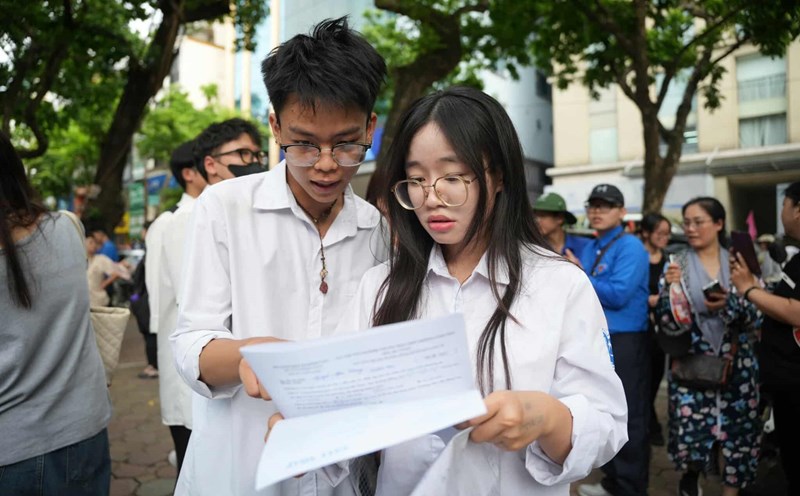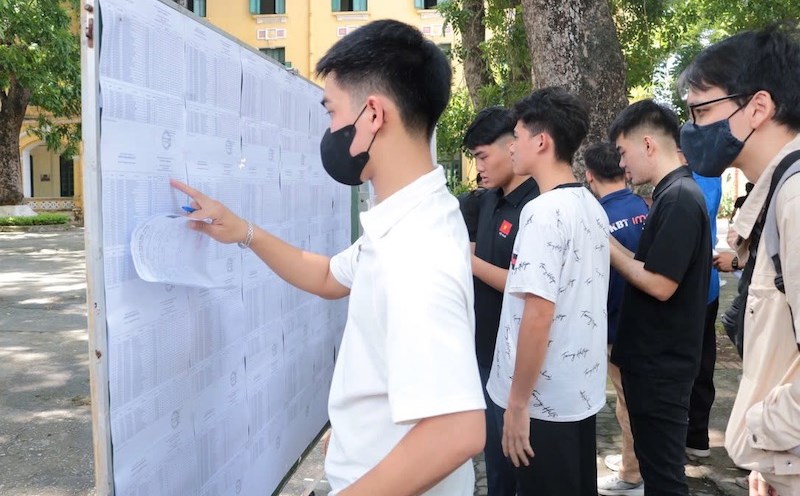On June 27, two senior sources revealed that India had rejected a proposal from the International Civil Aviation Organization (ICAO), which rarely proactively proposes to support the investigation of air crashes.
ICAO has previously sent investigators to assist in serious incidents such as the Malaysia plane shot down in 2014 or the Ukrainian plane crash in 2020. However, in this case, the UN agency proactively suggested sending people and asking for its investigator to be granted access to observe the scene of the accident in India. However, the Indian side rejected the offer.
The Indian Airports Ministry and ICAO have not yet made an official comment. The Airports Authority of India (AAIB), the unit primarily responsible for the incident, also did not respond to the interview request.
According to aviation safety experts, there have been criticisms related to the progress of black box data analysis. The two flight data boxes were found on June 13 and 16, but the location of the data reading - in India or the US - is still unclear, although the US National Highway Traffic Safety Committee (NTSB) is participating in the investigation. This delay raises doubts about the transparency and effectiveness of the accident handling process.
According to international regulations known by the legal name "Annex 13", the decision on where to decode black box data should be taken immediately after the accident, to avoid the risk of losing important information that could help prevent similar disasters in the future.
An official from the Indian Ministry of Transport said the ministry was still fully complying with ICAO's procedures and had informed the media about the main developments related to the accident. However, since the accident, the government has only held one press conference and has not received questions from the press.
According to practice, plane crashes are often caused by many combined causes. A preliminary report on the incident is expected to be released within about 30 days from the time of the accident.











